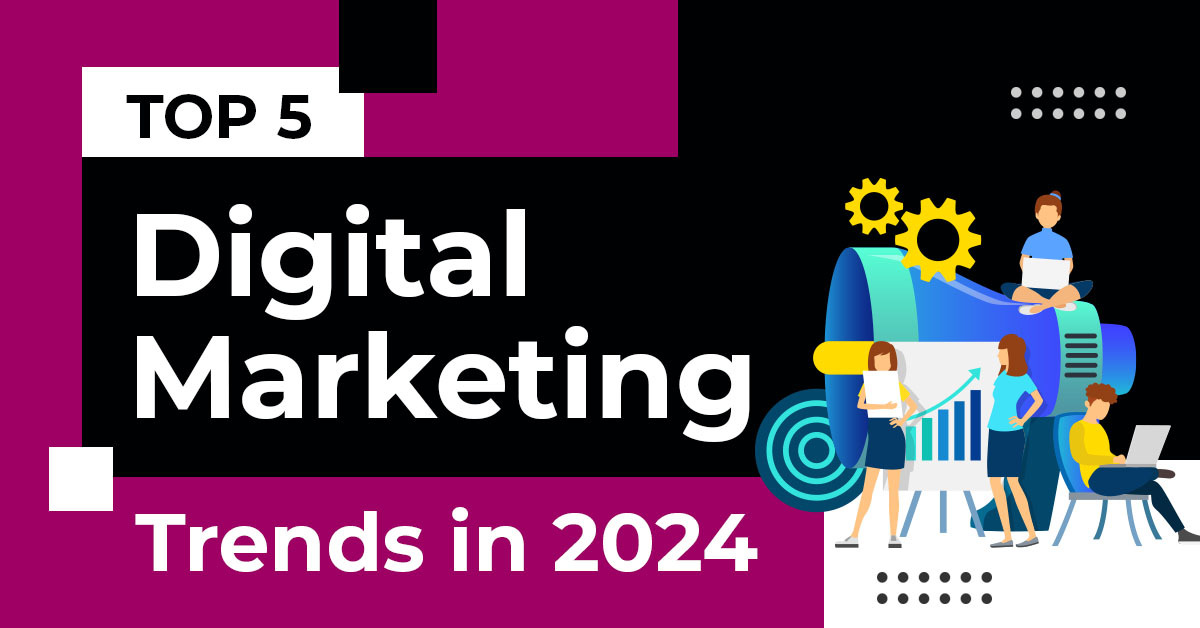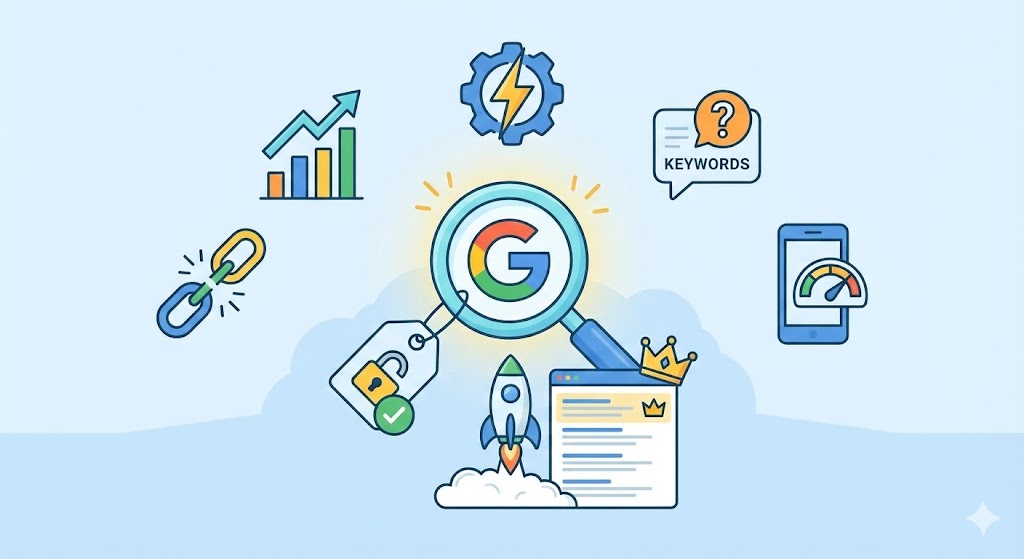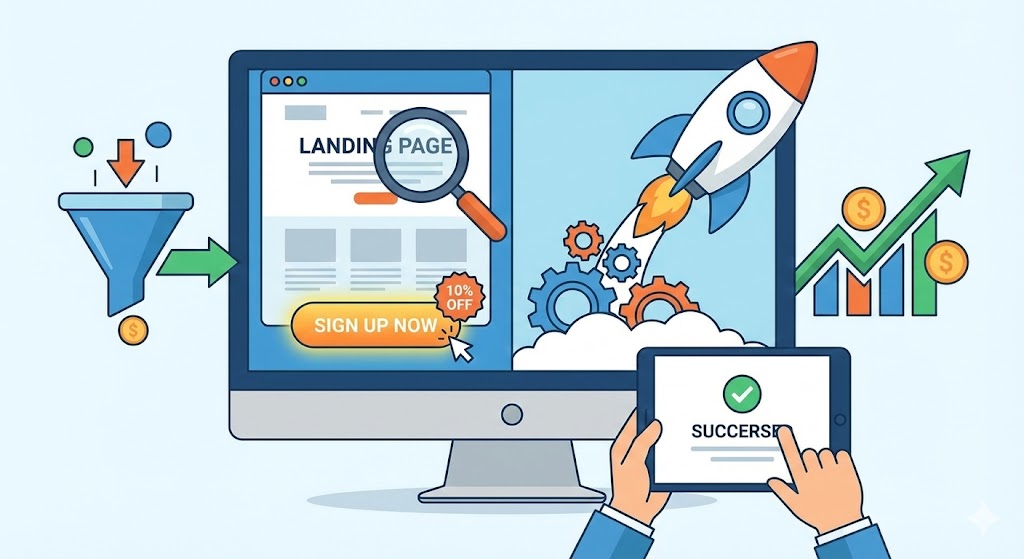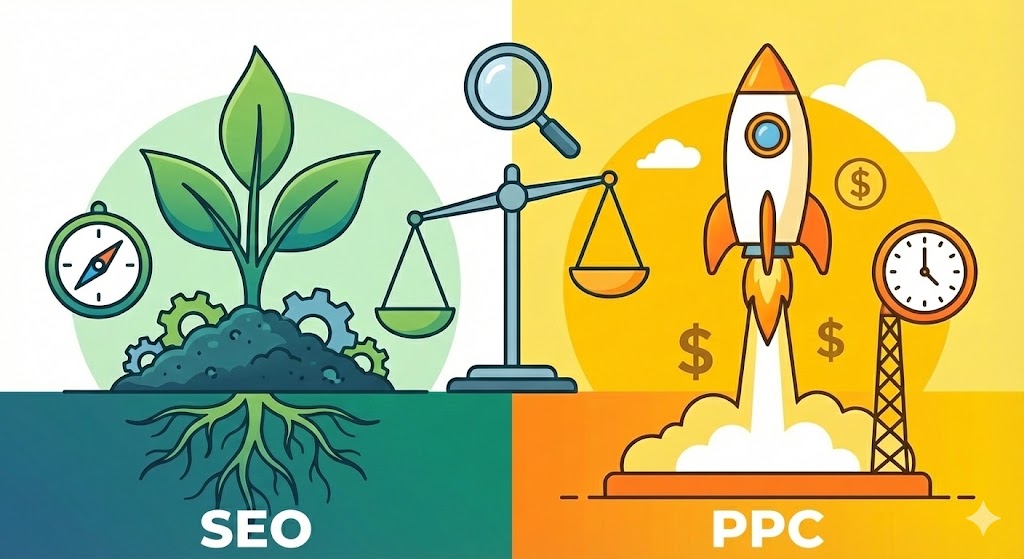In the ever-evolving world of digital marketing, staying ahead of the curve is crucial for brands aiming to thrive in today’s competitive landscape. As technology continues to advance, new trends emerge, reshaping the way businesses connect with their audiences and drive engagement. Let’s delve into five key trends that are set to define the next generation of digital marketing.
1. Artificial Intelligence: Making Marketing Smarter
Artificial intelligence (AI) has transcended its once-perceived complexity to become a game-changer in digital marketing. From advanced data analysis to personalized customer interactions, AI empowers marketers with invaluable insights and capabilities. Chatbots, powered by AI, deliver real-time customer support, while predictive analytics anticipates consumer behavior, enabling data-driven strategies. The accessibility of AI is opening doors for businesses, paving the way for dynamic and personalized marketing experiences.
2. VR & AR: Immersive Brand Experiences
Virtual and augmented reality (VR & AR) technologies are revolutionizing digital marketing by offering immersive brand experiences and interactive campaigns. These technologies create compelling narratives that resonate deeply with consumers, fostering stronger connections and brand loyalty. As hardware performance improves and technology becomes more accessible, expect to see a surge in non-traditional brand advertising, captivating audiences in new and innovative ways.
3. Internet of Things (IoT): Unlocking Consumer Insights
The Internet of Things (IoT) provides businesses with a wealth of data, offering insights into consumer behavior and preferences. Leveraging this data, marketers can craft targeted advertising campaigns tailored to user behaviors, enhancing customer experiences across multiple touchpoints. However, with increased data collection comes the need for heightened focus on data protection and customer privacy, emphasizing the importance of developing interoperability standards for IoT devices.
Read Also: Google March 2024 Core Update
4. The Power of 5G: Enhancing Mobile Marketing
The advent of the 5G internet presents exciting opportunities for mobile marketing. With improved speed and reliability, businesses can deliver more engaging and interactive experiences on mobile apps and social media platforms. Real-time interactions across digital channels become smoother, enabling brands to connect with their audiences instantly and deliver personalized content based on location, preferences, and behavior patterns.
5. AI-Powered Influencer Marketing Platforms: Driving Authentic Engagement
Influencer marketing has become an integral part of digital marketing strategies, leveraging the reach and credibility of influencers to engage target audiences authentically. AI-powered influencer marketing platforms offer brands the ability to connect organically with their demographic, driving visibility, credibility, and ultimately, sales. By analyzing campaign effectiveness through data and market research, brands can refine their strategies and tailor their messaging for maximum impact.
In conclusion, the future of digital marketing is bright, driven by technological innovations that enable brands to create meaningful connections with their audiences. By embracing these trends and staying agile in their approach, businesses can unlock new opportunities and stay ahead in an ever-evolving digital landscape.




